This article may contain affiliate links. See our disclaimer for more information.
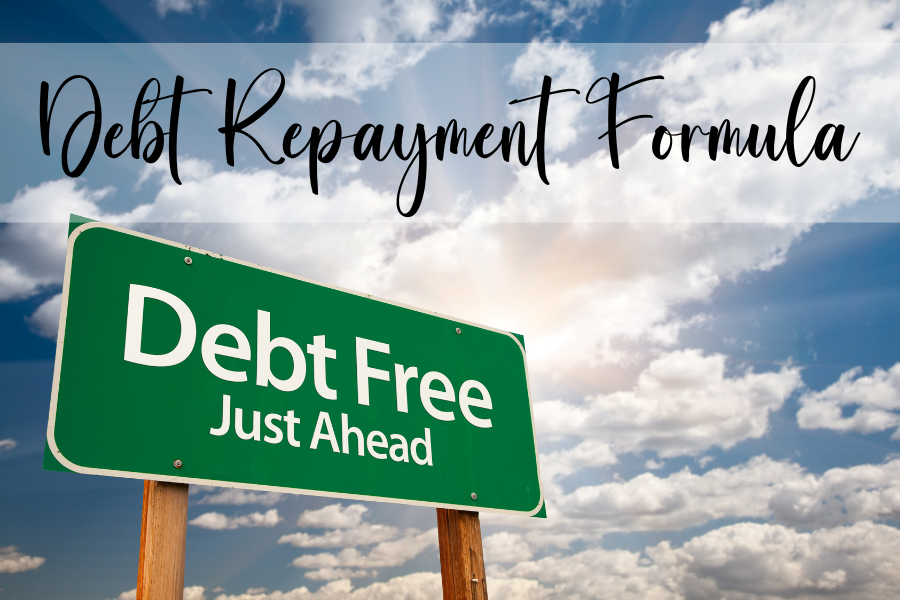
This article is all about how to make your own debt repayment formula! Are you drowning in debt and struggling to achieve financial freedom? You’re not alone. Many people find themselves feeling overwhelmed by the burden of debt, but there is hope. By implementing a debt repayment formula, you can take control of your finances and start working towards a debt-free future.
In this article, I will guide you through the process of creating a debt repayment plan that works for your unique situation. We’ll explore effective debt repayment methods, discuss the benefits of a well-structured debt payoff strategy, and provide practical tips for achieving your financial goals.
Don’t let debt hold you back any longer. It’s time to master your debt repayment formula and start taking steps towards financial freedom.
Understanding Debt Repayment
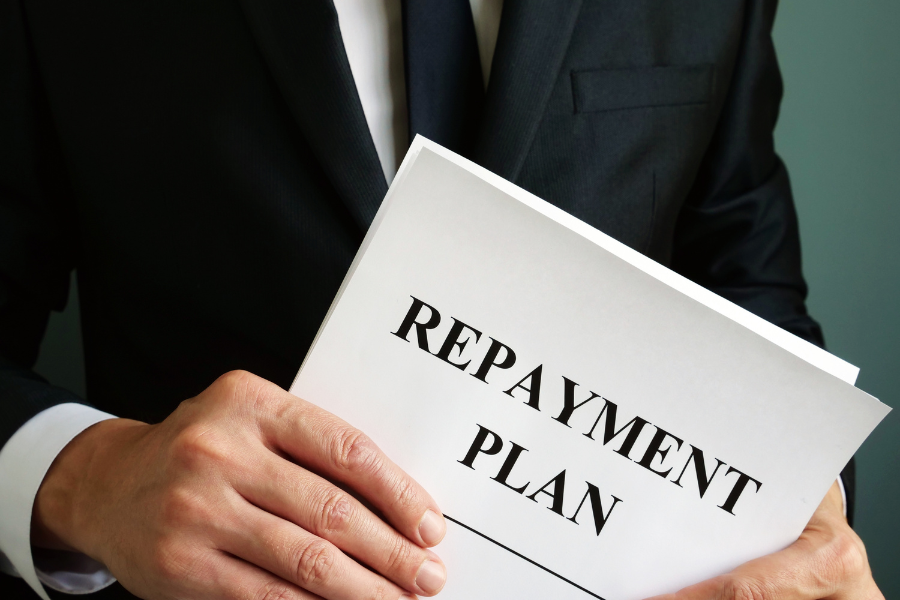
When it comes to debt repayment, it’s important to understand the basics. With the right techniques and strategies, you can effectively manage and reduce your debt. The best ways to repay debt may vary depending on your individual circumstances. Here are some tips you can use to take control of your financial situation:
- Create a budget and stick to it. This will help you prioritize your debt payments and keep track of your expenses.
- Consider debt consolidation to simplify your repayments and potentially lower your interest rates.
- Make more than the minimum payments on your debts to reduce the amount of interest you pay over time.
- Negotiate with your creditors to reach a more manageable repayment plan.
- Use debt payoff calculators to analyze different repayment scenarios and create a personalized debt repayment plan.
By implementing these debt management techniques, you can work towards achieving financial freedom and becoming debt-free.
Creating Your Debt Repayment Plan

Creating a personalized debt repayment plan is essential to achieve financial freedom. It all starts with setting realistic goals based on your income, expenses, and outstanding debts. Once you have a clear understanding of your financial situation, you can determine which debts to prioritize and allocate your resources effectively for a debt reduction plan that suits you best.
Here are some effective debt repayment methods that you can implement in your plan:
- Debt Snowball Method: Start by paying off the smallest debts first while making minimum payments on the rest. As you pay off each debt, you can roll over the payment to the next debt on your list, gaining momentum as you go.
- Debt Avalanche Method: Pay off the debts with the highest interest rates first while continuing to make minimum payments on the others. This method can potentially save you more money in interest in the long run.
- Debt Consolidation: Combining multiple debts into one loan with a lower interest rate can make it easier to manage your repayments and potentially save you money. Be sure to weigh the costs and benefits carefully before proceeding with consolidation.
- Balance Transfer: Moving high-interest credit card debt to a card with a lower interest rate can help you pay off your debt faster and save on interest costs. But, be aware of the balance transfer fees and be sure to pay off the balance within the introductory period.
Remember, implementing effective debt repayment methods requires patience and discipline. Sticking to a well-structured debt repayment formula can help you stay motivated and move towards financial freedom faster.
Implementing a Debt Payoff Strategy
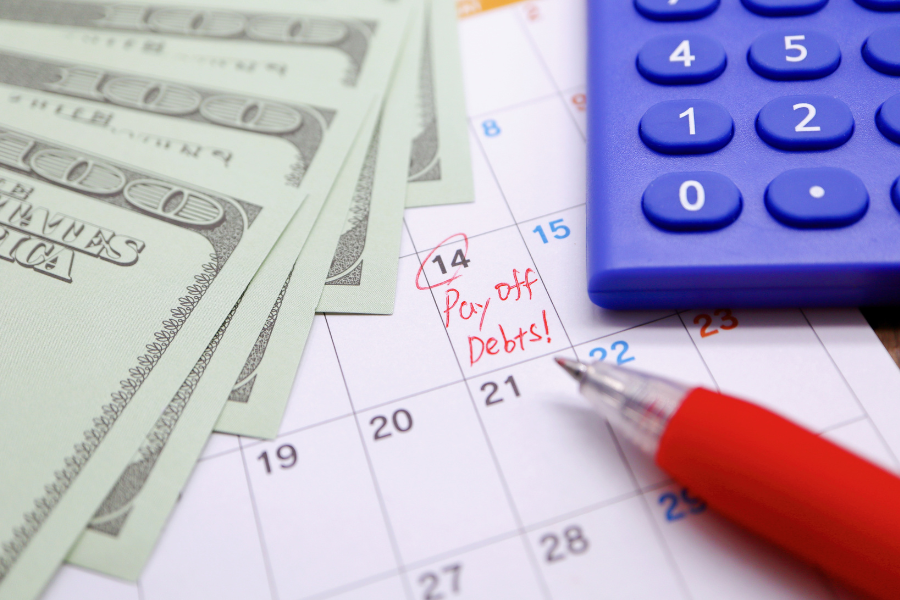
Now that you have created your personalized debt reduction plan, it’s time to put it into action. Implementing an effective debt payoff strategy is crucial to achieving financial freedom.
The first step is to allocate your resources efficiently. Prioritize debts with high-interest rates and minimum payments. By paying off these debts first, you will save money on interest charges and reduce your overall debt burden faster.
Tracking your progress is also essential. Use a debt payoff calculator or a spreadsheet to monitor your debts’ balances and payments regularly. Visualizing your progress can keep you motivated and help you stay on track to becoming debt-free.
Staying motivated throughout the repayment process can be challenging. However, by celebrating milestones and progress, you can maintain momentum. Consider creating a debt repayment vision board or rewarding yourself when you reach specific goals.
Implementing a debt payoff strategy takes discipline, persistence, and commitment. But by following the tips mentioned above and sticking to your debt reduction plan, you will be one step closer to achieving financial freedom.
Utilizing Debt Payoff Calculators
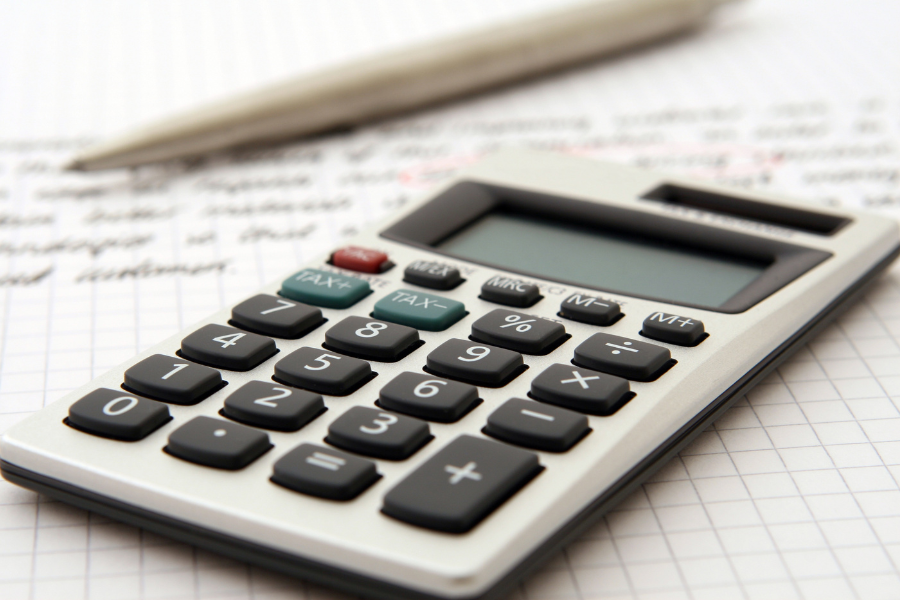
Debt payoff calculators can be an incredibly helpful tool in analyzing different repayment scenarios and visualizing your progress towards becoming debt-free. By inputting your outstanding debt balances, interest rates, and monthly payments, you can see how different repayment strategies will impact your overall debt burden.
Not only do debt payoff calculators help you make informed decisions about which debts to prioritize, but they can also accelerate your journey towards debt elimination. By identifying the most effective payoff strategy, you can allocate your resources more efficiently and save money on interest charges.
There are many free debt payoff calculators available online, but it’s important to choose one that is reliable and user-friendly. Some calculators may even allow you to test different repayment scenarios and create a personalized debt reduction plan based on your unique financial situation.
I absolutely love this online calculator which let’s you put in multiple debts that you ow and let’s you choose if you’re doing the snowball method. This is the exact calculator I used to creat my debt repayment formula.
https://www.calculator.net/debt-payoff-calculator.html
Effective Debt Repayment Methods

While using a debt payoff calculator is a great way to get started on your debt repayment journey, it’s essential to implement effective debt repayment methods to achieve long-term success. Here are some tips:
- Create a realistic budget that prioritizes debt repayment
- Consider debt consolidation or balance transfers with lower interest rates
- Identify unnecessary expenses and cut back on non-essentials
- Use windfalls such as tax refunds or bonuses to pay off debt
- Stay motivated by tracking your progress and celebrating small victories
By combining the power of debt payoff calculators with effective debt repayment methods, you can take control of your finances and achieve the freedom that comes with living a debt-free life.
Strategies for Debt Reduction

If you want to achieve your financial goals, it’s important to have a comprehensive debt reduction plan. There are various effective debt repayment methods that can help you eliminate your debt burden. In this section, I will explore some of the most effective debt elimination strategies that you can adopt.
| Strategy | Description |
| Negotiation Techniques | If you have been struggling to keep up with your debt payments, you can try negotiating with your creditors for better repayment terms or interest rates. This can provide you with some much-needed relief and help you to reduce your overall debt burden. |
| Debt Consolidation | If you have multiple debts with varying interest rates, it may be worth considering debt consolidation. This involves taking out a new loan to pay off all your existing debts, leaving you with a single monthly payment and a fixed interest rate. |
| Budgeting and Cutting Expenses | One of the most effective debt reduction strategies is to establish a budget and stick to it. This means tracking your expenditures, prioritizing essential purchases, and minimizing unnecessary expenses. Doing so will free up more of your funds to put towards debt repayment. |
When implementing your debt reduction plan, it’s important to focus on the strategies that align with your financial goals and situation. There’s no “one-size-fits-all” solution to debt elimination, so it’s important to find the methods that work best for you.
- Focus on high-interest debts first to reduce the overall debt burden.
- Establish a realistic timeframe for debt repayment to help you track progress and stay motivated.
- Consider seeking professional financial advice if you’re struggling with debt elimination.
By adopting effective debt elimination strategies and sticking to your debt reduction plan, you’ll be well on your way to achieving financial freedom.
Tips for Successful Debt Repayment

Repaying debt requires discipline and a well-thought-out plan. Here are some summarized tips from throughout this article to help you become debt-free:
- Budget: Create a realistic budget that includes all your expenses and allows you to live within your means. Cut out any unnecessary expenses and redirect that money towards your debt repayment plan.
- Track expenses: Keep track of all your expenses, no matter how small, to ensure you stay within your budget and avoid overspending.
- Make extra payments: Whenever possible, make extra payments towards your debt. Even small amounts can add up over time, reducing the overall interest you pay and accelerating your debt repayment journey.
- Pay off high-interest debt first: Prioritize paying off high-interest debt first to minimize the amount of interest that accrues. This will accelerate your overall debt repayment plan and save you money in the long run.
- Consider debt consolidation: If you have multiple debts with high-interest rates, consider consolidating them into one loan with a lower interest rate. This can make your debt more manageable and help you accelerate your repayment plan.
- Seek financial counseling: If you’re struggling to repay your debt, consider seeking financial counseling. A professional can help you create a customized debt repayment plan and provide guidance on managing your finances.
Remember, becoming debt-free takes time and requires dedication, but the payoff is worth it. Stay focused on your goals and celebrate your progress along the way.
Achieving Long-Term Financial Freedom

By implementing effective debt repayment methods, you can not only eliminate debt but also contribute to your long-term financial freedom. It is essential to understand the significance of debt management techniques and the best ways to repay debt to ensure a sustainable financial lifestyle.
Managing credit plays a crucial role in maintaining a healthy financial lifestyle. It is important to avoid high-interest credit cards or loans that could lead to accumulating debt. Instead, opt for credit cards with low-interest rates and manageable balances to maintain financial stability and avoid future debt.
One of the most effective debt management techniques is to create and adhere to a budget. Budgeting helps to monitor expenses, identify unnecessary spending, and redirect those funds towards debt repayment. It is crucial to prioritize debt reduction and allocate sufficient funds towards clearing debts.
Another essential component of achieving long-term financial freedom is to avoid future debt. It is essential to make conscious financial decisions by avoiding overspending, implementing savings plans, and investing in financial products that align with your financial goals.
Incorporating these effective debt repayment methods into your financial plan can help you achieve long-term financial freedom and ensure a sound financial future.
Conclusion

You should now have the skills to master your debt repayment formula. I hope you found the information useful and insightful in your journey towards financial freedom. Remember, implementing an effective debt repayment plan is the first step towards achieving your financial goals.
By understanding debt repayment basics, creating a personalized debt repayment plan, implementing a debt payoff strategy, utilizing debt payoff calculators, and exploring debt reduction strategies, you can take control of your finances and work towards becoming debt-free.
Successful debt repayment requires discipline, commitment, and patience. But by following the practical tips and insights shared in this article, you can achieve your financial goals and enjoy long-term financial freedom.
So, go ahead and take that first step towards becoming debt-free. You got this!


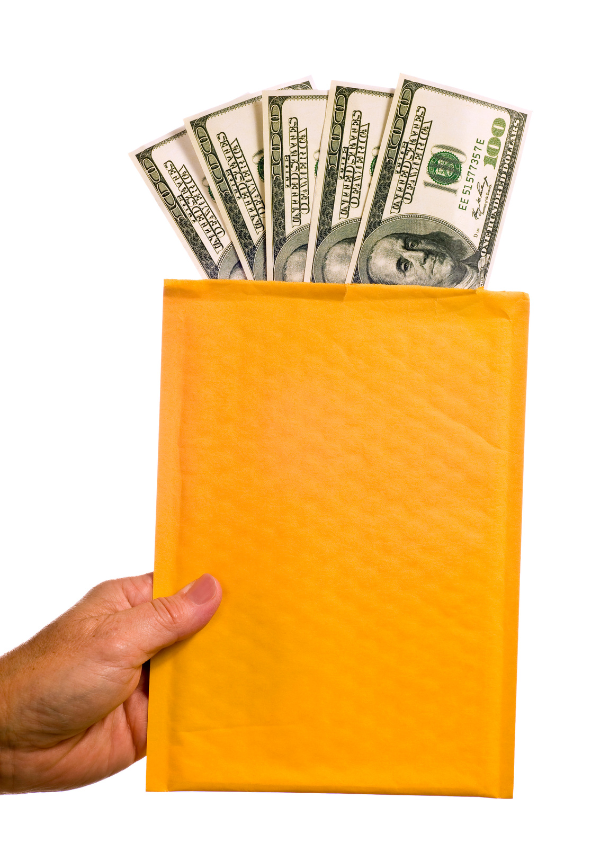





 Taking charge of
Taking charge of 


